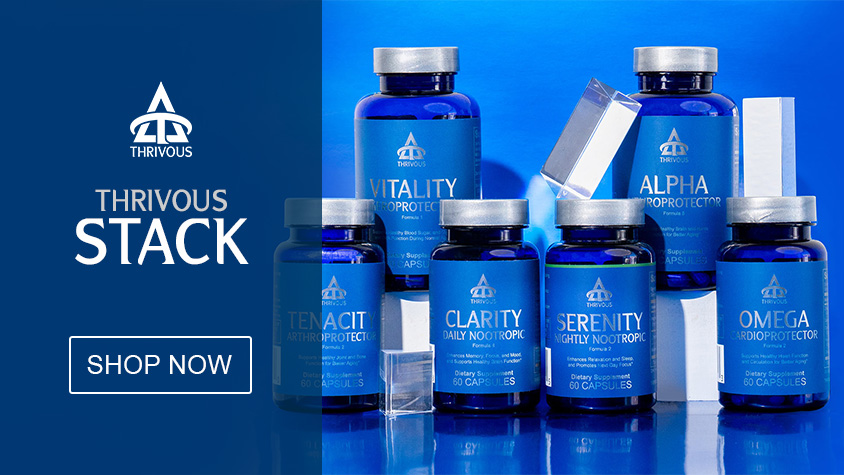
Long-Term Resistance Training Promotes Healthy Aging

Autophagy is an important process in cells that helps get rid of damaged or unnecessary parts. When it doesn’t work properly, it can lead to poor aging. Exercise is known to activate autophagy and can be helpful in promoting healthy aging. However, it is not clear how exercise affects autophagy in humans, as different studies have had different results.
Some scientists aimed to look at all the studies done on exercise and autophagy in humans to try to get a clearer picture of how they are related. Their work is published in the journal Autophagy Reports:
Does Exercise Regulate Autophagy in Humans? A Systematic Review and Meta-Analysis
Study Design
This study followed specific guidelines and was registered in a database. The scientists searched for relevant studies on exercise and autophagy in different databases. They used specific search terms and only looked at studies in English that were original and peer-reviewed.
They removed duplicates and screened records to find studies that met their inclusion criteria. The studies needed to be about humans, involve physical exercise as the only intervention, and report the protein level of LC3B, which is a common indicator of autophagy.
The scientists collected information from articles that met their inclusion criteria, using a standard form. They recorded the author and year of publication, details about the participants, the type of exercise used, the type of tissue studied, and information about the autophagic proteins and their changes after exercise. And they extracted mean and standard deviation values from control and exercise groups for meta-analysis.
They used WebPlotDigitizer software to collect data from graphs and contacted the original authors if any data was missing. They also used a software called Review Manager to combine and analyze data from different studies.
The scientists used a random-effects model to estimate the effects of the intervention (difference between the exercise and control groups). They also conducted subgroup analysis to see how different types of exercise or tissue types affected autophagic responses. They considered a p-value of less than 0.05 to be statistically significant and used I2 value to determine the level of variation between the studies.
Study Results
There were 26 studies that were good enough to use. These studies included 519 people who were put into different categories based on their age and health. The studies used different types of exercise equipment and different types of exercise.
The scientists looked at different proteins in the studies to see how exercise affected autophagy. They found that different studies showed different results, but they focused on the proteins that were studied the most.
They proceeded with a meta-analysis of the studies on the effects of different types of exercise on the levels of autophagy-related proteins in humans. The results show that resistance exercise can increase the levels of LC3-II and SQSTM1, while endurance exercise has no significant effect. Additionally, exercise can have different effects on skeletal muscles and PBMCs. Finally, the study found that older adults may experience lower LC3-II levels following exercise.
The meta-analysis results show that long-term resistance exercise boosts autophagy in skeletal muscles, while an acute bout of resistance exercise reduces it. Moderate- and vigorous-intensity endurance exercise had no effect on autophagy.
The effects of exercise on autophagy in different tissues or cells are likely to be exercise modality- and tissue-dependent. Further investigation is needed to understand the effects of exercise on autophagy in humans, and how autophagy can be used to treat diseases.
Thrivous Recommendation
Thrivous generally recommends regular exercise, particularly resistance training. As indicated by this study, long term resistance training can promote healthy aging. For the best results, combine regular exercise with adequate sleep and a nutritious diet, including Thrivous Stack. Remember to remain in consultation with your doctor about your particular health situation as you make changes to your lifestyle.
More Articles
Don’t miss a beat! In our Pulse Newsletter, Thrivous curates the most important news on health science and human enhancement, so you can stay informed without wasting time on hype and trivia. It’s part of the free Thrivous newsletter. Subscribe now to receive email about human enhancement, nootropics, and geroprotectors, as well as company news and deals.
Read more articles at Thrivous, the human enhancement company. You can browse recent articles in Thrivous Views. See other Lifestyle or Pulse Newsletter articles. Or check out an article below.






